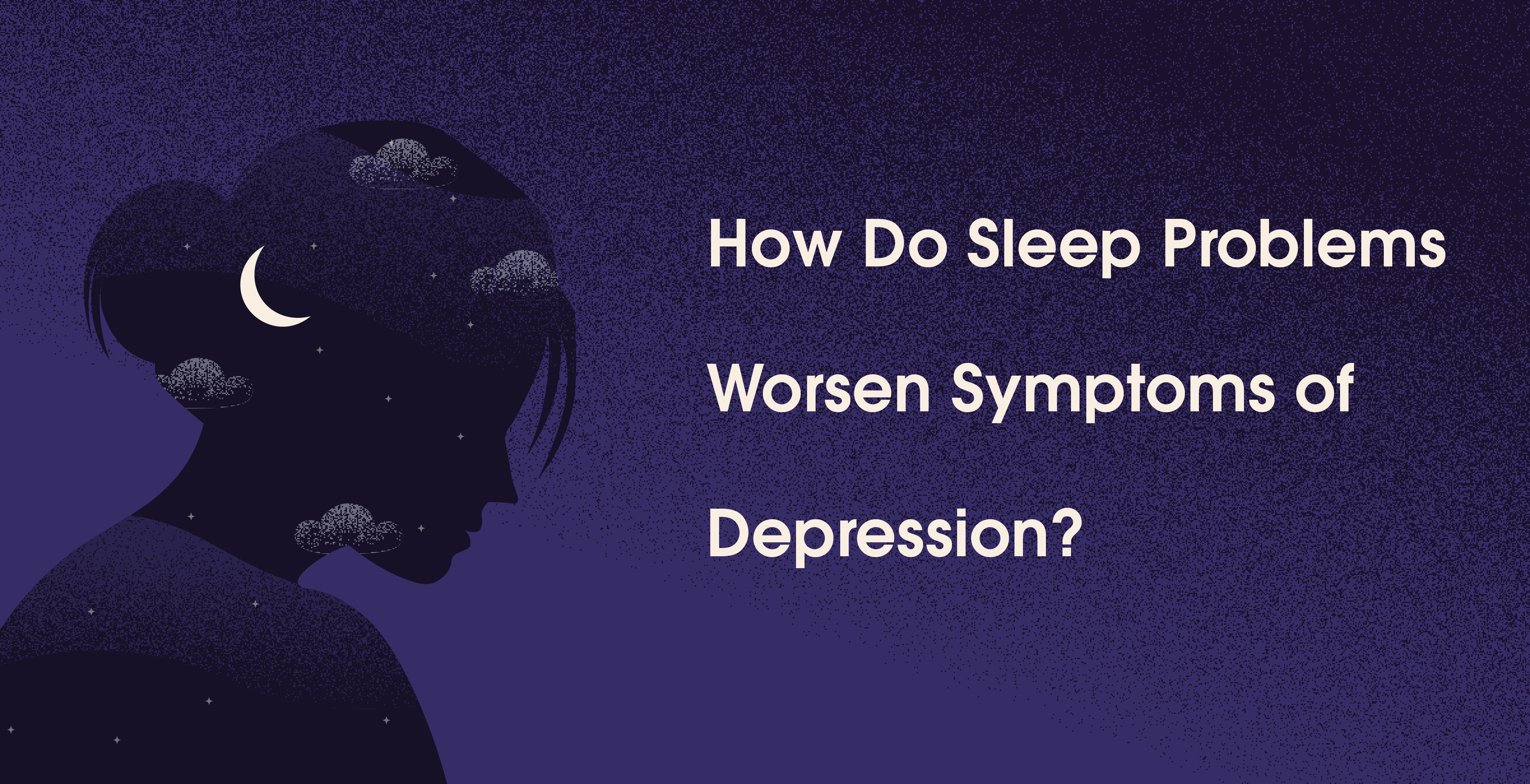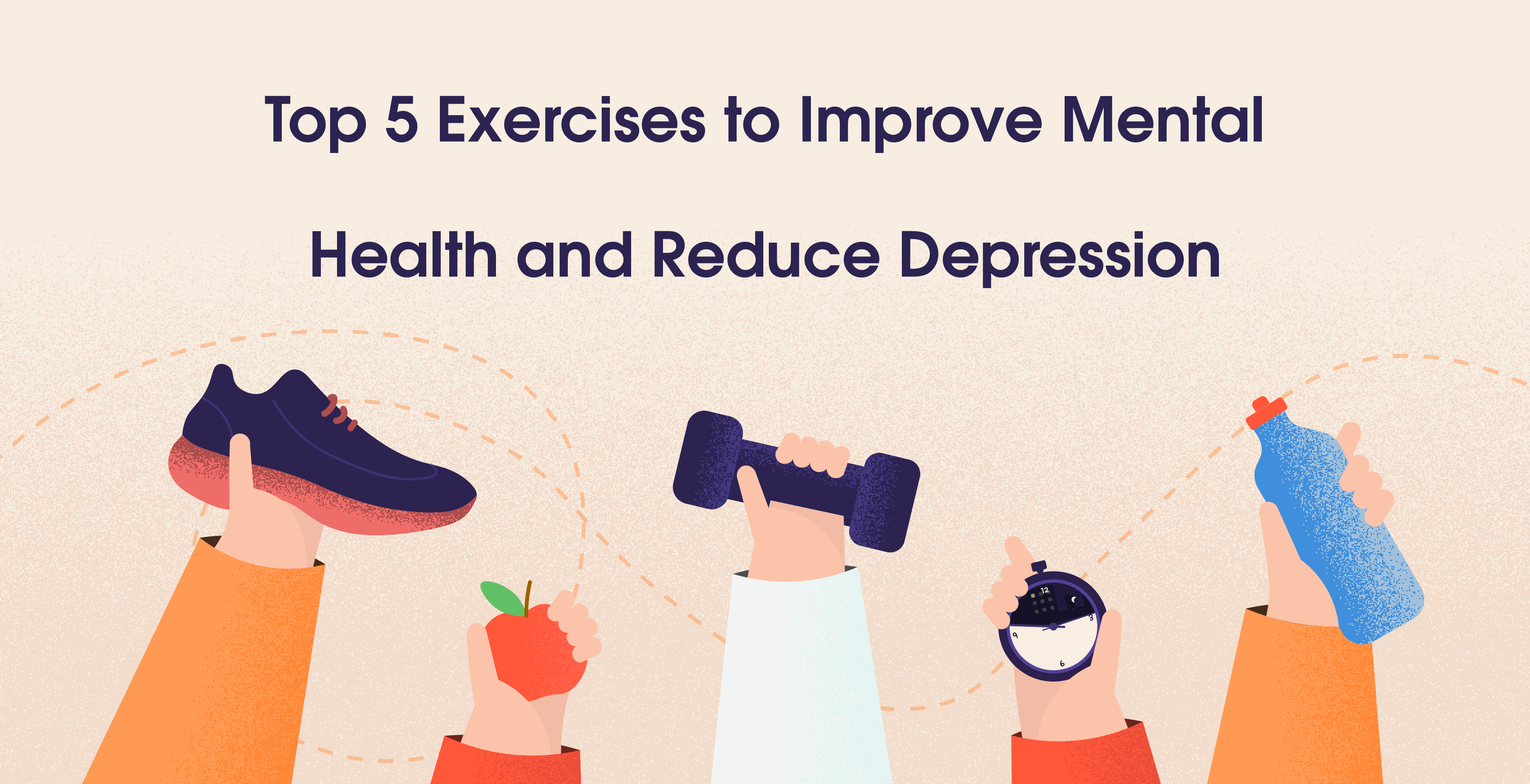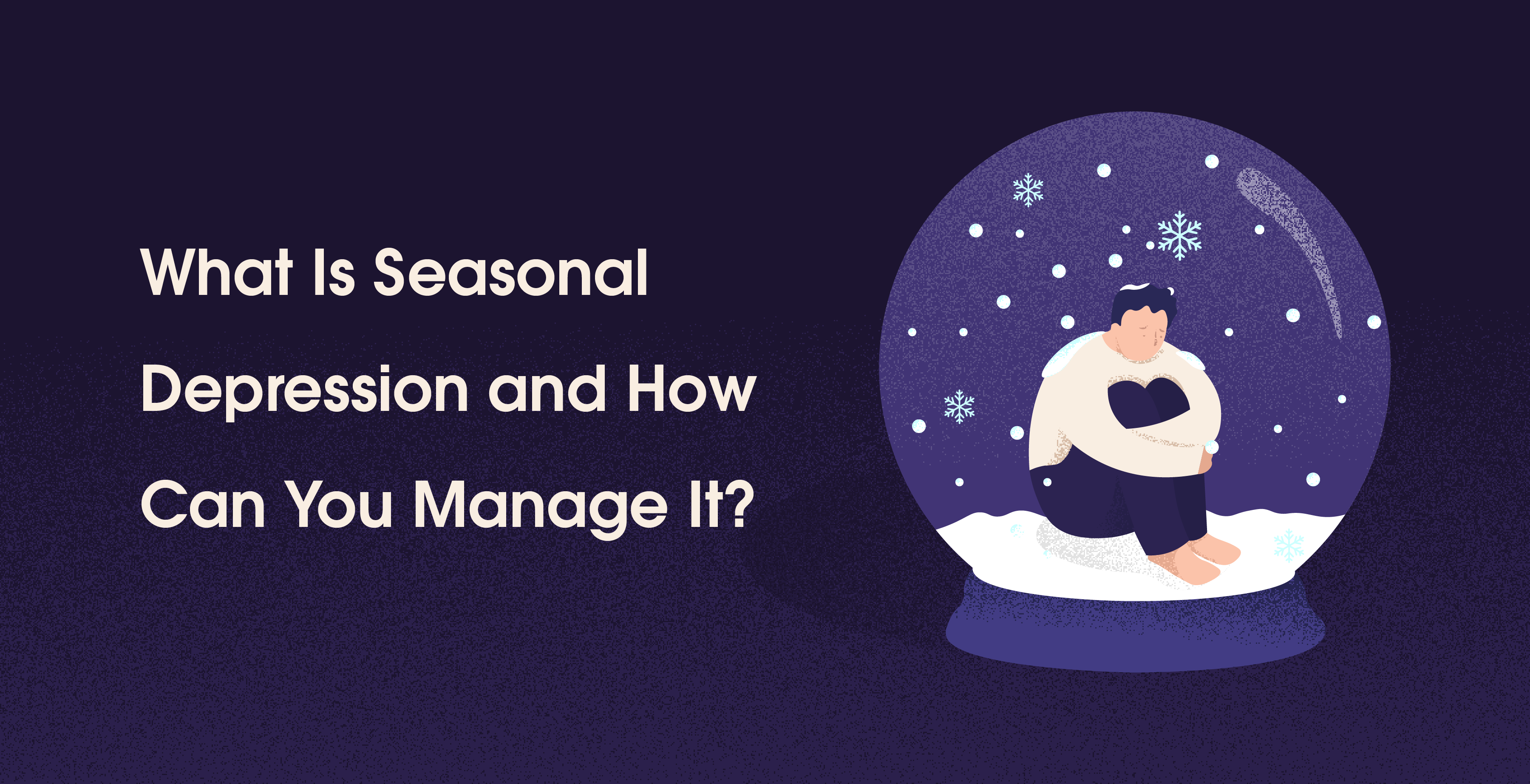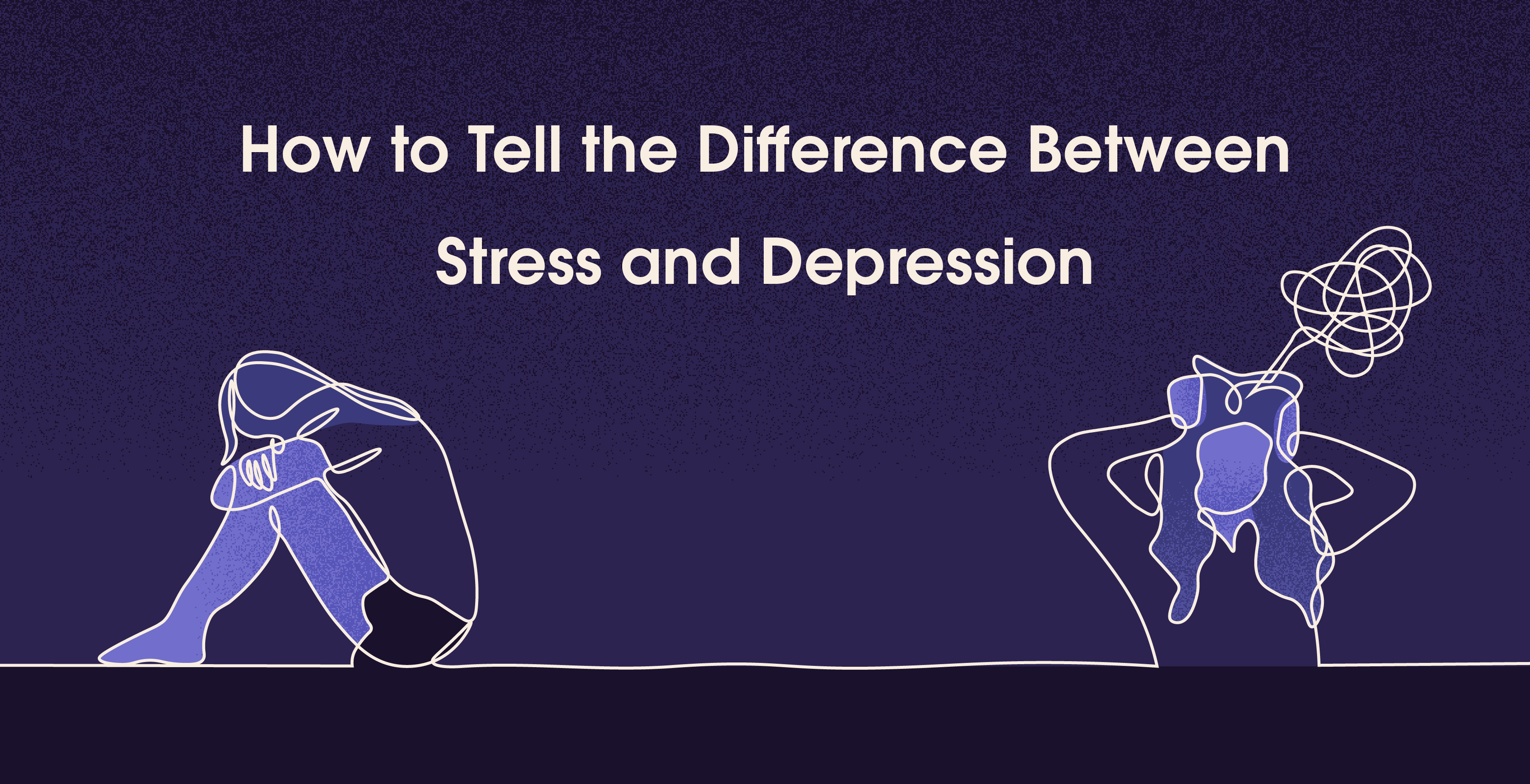The Link Between Mental Health and Physical Performance in Men
Table Of Contents
There’s something raw and real about a man hitting the gym, pushing through the reps, sweat dripping down like it’s some kind of baptism. But here’s the thing nobody really talks about—what’s going on in his head when he’s benching that weight or pounding the pavement at 6 a.m. in the cold?
Mental health. It’s the silent driver, or the sneaky saboteur, depending on the day.
Highlights
Mental health plays a silent yet powerful role in how men perform physically, often influencing motivation, energy, and endurance.
When the mind is cluttered with stress, anxiety, or depression, even the most basic workouts can feel impossible.
Physical activity boosts mood by releasing feel-good brain chemicals, but struggling mentally can stop a man from even starting.
Confidence and physical performance are tightly linked—improvement in one often fuels growth in the other.
Chronic stress acts like invisible weight, draining energy, disturbing sleep, and impacting both focus and strength.
Men are often pressured to “tough it out,” leading to emotional suppression and burnout, not better performance.
Acknowledging mental struggles isn’t weakness—it’s awareness, and it’s the first step to regaining control.
Simple actions like walking, venting to a friend, or just slowing down can help restore mental clarity and boost performance.
When the mind and body are in sync, everything improves—form, focus, recovery, and overall well-being.
True strength lies not in never struggling, but in continuing to show up and care for both mind and body.
It’s Not All in Your Head—But It Kind Of Is
Let’s get this straight—your body doesn’t move on its own. It takes motivation, focus, resilience. And where do those come from? Upstairs. Your mind is like the engine room, pulling levers and pushing buttons behind the scenes. When it’s firing right, you feel unstoppable. But when anxiety’s gnawing at you or you’re neck-deep in burnout? Suddenly, that 5K feels like a marathon, and lifting feels like dragging boulders uphill.
Some days, your body’s fine, but your brain just says “Nope.” And it wins.
The Confidence Loop (Or Spiral—Depends Which Way You’re Going)
Physical performance and mental health have this crazy feedback loop going on. You move your body, and it pumps out feel-good stuff—endorphins, dopamine, all the juicy brain chemicals. That post-workout high? It’s real. And addictive in the best way.
But if you’re already in a funk, you might not even make it to the starting line. Depression whispers, What’s the point?, and suddenly the gym bag stays in the closet for weeks. Confidence dips. You feel sluggish, guilty. Your body pays the price for what your mind’s going through.
And let’s not pretend society makes it easier. For men, there's this constant push to "man up," grind harder, lift heavier. Emotions? Not part of the package. But pushing everything down doesn't make you stronger. It just weighs you down.
Stress: The Hidden Weight You’re Carrying
Imagine trying to sprint while wearing a backpack full of bricks. That’s what chronic stress feels like. You might not see it, but it’s there, slowing you down, messing with your focus, tanking your stamina.
Sleep gets sketchy, appetite goes off-track, your patience wears thin. And performance—whether in the gym, at work, or just showing up for your people—takes a hit. It’s sneaky like that.
But here's the kicker—guys often don’t realize it’s stress until the wheels start coming off. Maybe the gains plateau. Maybe the energy’s just... gone. You chalk it up to getting older or being “too busy.” But deep down, it’s your mental health waving a red flag.
Letting Go of the Tough Guy Script
There’s a kind of freedom in saying, You know what? I’m not okay today.
It doesn’t make you weak. If anything, it makes you more in tune. More dangerous in the best way—because a man who can face his own mind is a force.
Getting real about mental health doesn’t mean you stop being tough. It means you’re not pretending. You rest when you need to. You talk to someone. You move, not just to look a certain way, but to feel human again.
And no, you don’t need to become a meditation guru overnight. Maybe it’s just throwing on your sneakers and walking around the block to clear your head. Maybe it's calling up a buddy and saying, "Man, I’m kinda going through it." That little shift? It ripples. It starts to build something.
When the Mind and Body Shake Hands
When your head’s in a good place, everything else starts to click. Your form improves. Your endurance stretches. You recover faster.
It’s not about chasing perfection—it’s about balance.
Peace of mind doesn't show up in six-pack abs, but it does shine through when you're grounded, focused, and present.
So, next time you're tempted to power through like a machine, pause. Tune in. Ask yourself, How’s my mind doing today?
Because the strongest men aren’t the ones who never struggle. They’re the ones who show up anyway—with their fears, doubts, stress, and all—and still choose to keep going.
And that? That’s real strength.
References
There’s something raw and real about a man hitting the gym, pushing through the reps, sweat dripping down like it’s some kind of baptism. But here’s the thing nobody really talks about—what’s going on in his head when he’s benching that weight or pounding the pavement at 6 a.m. in the cold?
Mental health. It’s the silent driver, or the sneaky saboteur, depending on the day.
Highlights
Mental health plays a silent yet powerful role in how men perform physically, often influencing motivation, energy, and endurance.
When the mind is cluttered with stress, anxiety, or depression, even the most basic workouts can feel impossible.
Physical activity boosts mood by releasing feel-good brain chemicals, but struggling mentally can stop a man from even starting.
Confidence and physical performance are tightly linked—improvement in one often fuels growth in the other.
Chronic stress acts like invisible weight, draining energy, disturbing sleep, and impacting both focus and strength.
Men are often pressured to “tough it out,” leading to emotional suppression and burnout, not better performance.
Acknowledging mental struggles isn’t weakness—it’s awareness, and it’s the first step to regaining control.
Simple actions like walking, venting to a friend, or just slowing down can help restore mental clarity and boost performance.
When the mind and body are in sync, everything improves—form, focus, recovery, and overall well-being.
True strength lies not in never struggling, but in continuing to show up and care for both mind and body.
It’s Not All in Your Head—But It Kind Of Is
Let’s get this straight—your body doesn’t move on its own. It takes motivation, focus, resilience. And where do those come from? Upstairs. Your mind is like the engine room, pulling levers and pushing buttons behind the scenes. When it’s firing right, you feel unstoppable. But when anxiety’s gnawing at you or you’re neck-deep in burnout? Suddenly, that 5K feels like a marathon, and lifting feels like dragging boulders uphill.
Some days, your body’s fine, but your brain just says “Nope.” And it wins.
The Confidence Loop (Or Spiral—Depends Which Way You’re Going)
Physical performance and mental health have this crazy feedback loop going on. You move your body, and it pumps out feel-good stuff—endorphins, dopamine, all the juicy brain chemicals. That post-workout high? It’s real. And addictive in the best way.
But if you’re already in a funk, you might not even make it to the starting line. Depression whispers, What’s the point?, and suddenly the gym bag stays in the closet for weeks. Confidence dips. You feel sluggish, guilty. Your body pays the price for what your mind’s going through.
And let’s not pretend society makes it easier. For men, there's this constant push to "man up," grind harder, lift heavier. Emotions? Not part of the package. But pushing everything down doesn't make you stronger. It just weighs you down.
Stress: The Hidden Weight You’re Carrying
Imagine trying to sprint while wearing a backpack full of bricks. That’s what chronic stress feels like. You might not see it, but it’s there, slowing you down, messing with your focus, tanking your stamina.
Sleep gets sketchy, appetite goes off-track, your patience wears thin. And performance—whether in the gym, at work, or just showing up for your people—takes a hit. It’s sneaky like that.
But here's the kicker—guys often don’t realize it’s stress until the wheels start coming off. Maybe the gains plateau. Maybe the energy’s just... gone. You chalk it up to getting older or being “too busy.” But deep down, it’s your mental health waving a red flag.
Letting Go of the Tough Guy Script
There’s a kind of freedom in saying, You know what? I’m not okay today.
It doesn’t make you weak. If anything, it makes you more in tune. More dangerous in the best way—because a man who can face his own mind is a force.
Getting real about mental health doesn’t mean you stop being tough. It means you’re not pretending. You rest when you need to. You talk to someone. You move, not just to look a certain way, but to feel human again.
And no, you don’t need to become a meditation guru overnight. Maybe it’s just throwing on your sneakers and walking around the block to clear your head. Maybe it's calling up a buddy and saying, "Man, I’m kinda going through it." That little shift? It ripples. It starts to build something.
When the Mind and Body Shake Hands
When your head’s in a good place, everything else starts to click. Your form improves. Your endurance stretches. You recover faster.
It’s not about chasing perfection—it’s about balance.
Peace of mind doesn't show up in six-pack abs, but it does shine through when you're grounded, focused, and present.
So, next time you're tempted to power through like a machine, pause. Tune in. Ask yourself, How’s my mind doing today?
Because the strongest men aren’t the ones who never struggle. They’re the ones who show up anyway—with their fears, doubts, stress, and all—and still choose to keep going.
And that? That’s real strength.
References
Table Of Contents
Table Of Contents
Table Of Contents
Read More


Feb 6, 2025
Sayfali Rawlani


Jan 28, 2025
Sayfali Rawlani


Jan 24, 2025
Sayfali Rawlani



Copyright © 2025 trst health. All right reserved.


